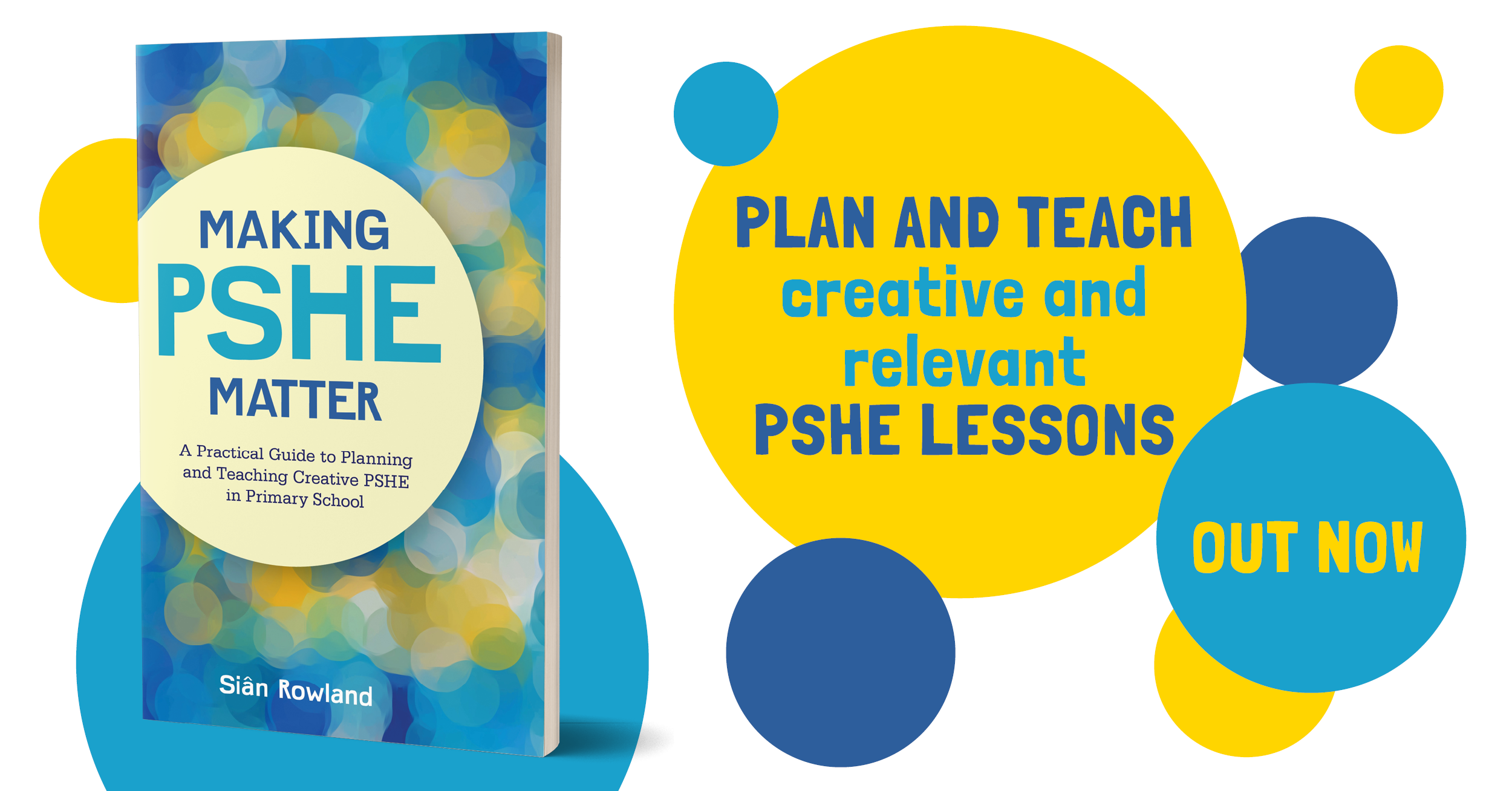
Here are some reasons why PSHE in primary school matters
- PSHE raises attainment. Those of us who are passionate about PSHE have always known this but it’s a tricky one to quantify. Various studies have shown, however that high quality PSHE can contribute to better attainment. We know that if pupils are healthy and safe they’ll be more ready to learn. An outstanding PSHE programme is not simply about lessons but encompasses the whole child, helping them develop the skills they need to manage their own wellbeing. It offers them the language to articulate their feelings and where to ask for and get help if they need it.
Try this: if your school staff need a reminder of why PSHE is crucial, remind them of the research findings such as this report from Public Health England on the link between pupil wellbeing and attainment.
- Mental health is a rising concern. In the annual report for 2016/17[1] Childline found that mental and emotional health was the top concern of children and young people who contacted them, with 22 per cent of counselling sessions being about anxiety. This may be linked to the increasingly complex world our children are facing. With 24/7 access to the internet, they are more exposed than ever to difficult world events as well as a great deal of narcissism through social media. Throw in anxiety about friendships and their futures and this becomes a potentially explosive mix, so children need time to process these concerns and learn how to manage them. PSHE needs to be far more than just sitting around talking about your feelings, however. A well-planned programme of PSHE offers a forum where children can explore their reactions to a range of potential situations before they experience them in the real world.
Try this: when planning your PSHE session look at pupil outcomes (not just objectives) and think about the balance of knowledge, skills and understanding you want pupils to achieve by the end of the lesson. Be specific! Now think about your PSHE programme and how it reflects the needs of the pupils in your school.
- Primary school is a time of huge change. Not only do pupils learn to flourish in English, Maths and all the other curriculum areas, they develop their understanding of a wide range of friendships and relationships and all the positive and not so positive elements that go along with this. How many times has your curriculum time been eaten away by sorting out friendship breakdowns and upsets? These are an important part of growing up but giving pupils the skills to manage their friendships through PSHE (especially in those tricky KS2 years) will help everyone.
Try this: what skills and topics do your children need to learn and where in their primary school career do these come? Do you need to add in some sessions around managing conflict and being assertive in lower KS2? Do you need to cover managing change in Y6 or changing friendships in Y2? Do they have the skills to start solving their own conflicts or do they always need adult intervention?
- Make it meaningful. The question I get asked the most as PSHE adviser is ‘can I just buy a scheme of work for PSHE?’ Unlike, say, the Maths curriculum, PSHE works best when it’s tailored to your school so while a scheme may form the backbone of your programme there need also need to be carefully planned sessions that specifically address the needs of your pupils.
Try this: Get creative with it! Use drama, discussion, group work and games to tackle tricky subject areas, and think about what skills you have as a teacher. Is computing your thing? Sport? Drama? Bring this into your PSHE sessions to bring them to life. If you’re planning a session on managing friendships, for example, use scenarios to act out possible solutions (drama); make a vlog offering advice (computing) or use team games to learn about cooperation (sport).
- Getting ready for the world. The world is changing at such a rapid pace it’s hard to know what our children’s futures will be like. In the next ten to twenty years there will be changes to the way they work, the way they travel and the way they communicate, so it’s hard to know exactly how to prepare pupils for that future. What we can do, however, is aim to give them the skills they might need to thrive, such as how to manage conflict, be assertive, make choices and manage risk. Develop and practise these skills now and pupils will be more equipped to manage the changes they’ll face later on.
Try this: Ask staff members to describe a pupil from your school on their last day. What do they need before they start out on the next stage of their journey? What will equip them academically and emotionally and how do you make sure you cover this in their time at your school? Does your PSHE programme reflect this?
Meaningful PSHE should never be a chore. Putting PSHE at the heart of your school can only be of benefit to all pupils.
Siân Rowland is the author of Making PSHE Matter, which is a practical guide for helping primary school teachers plan effective PSHE lessons.
[1] Childline annual survey: Not Alone Any More (2016/17)